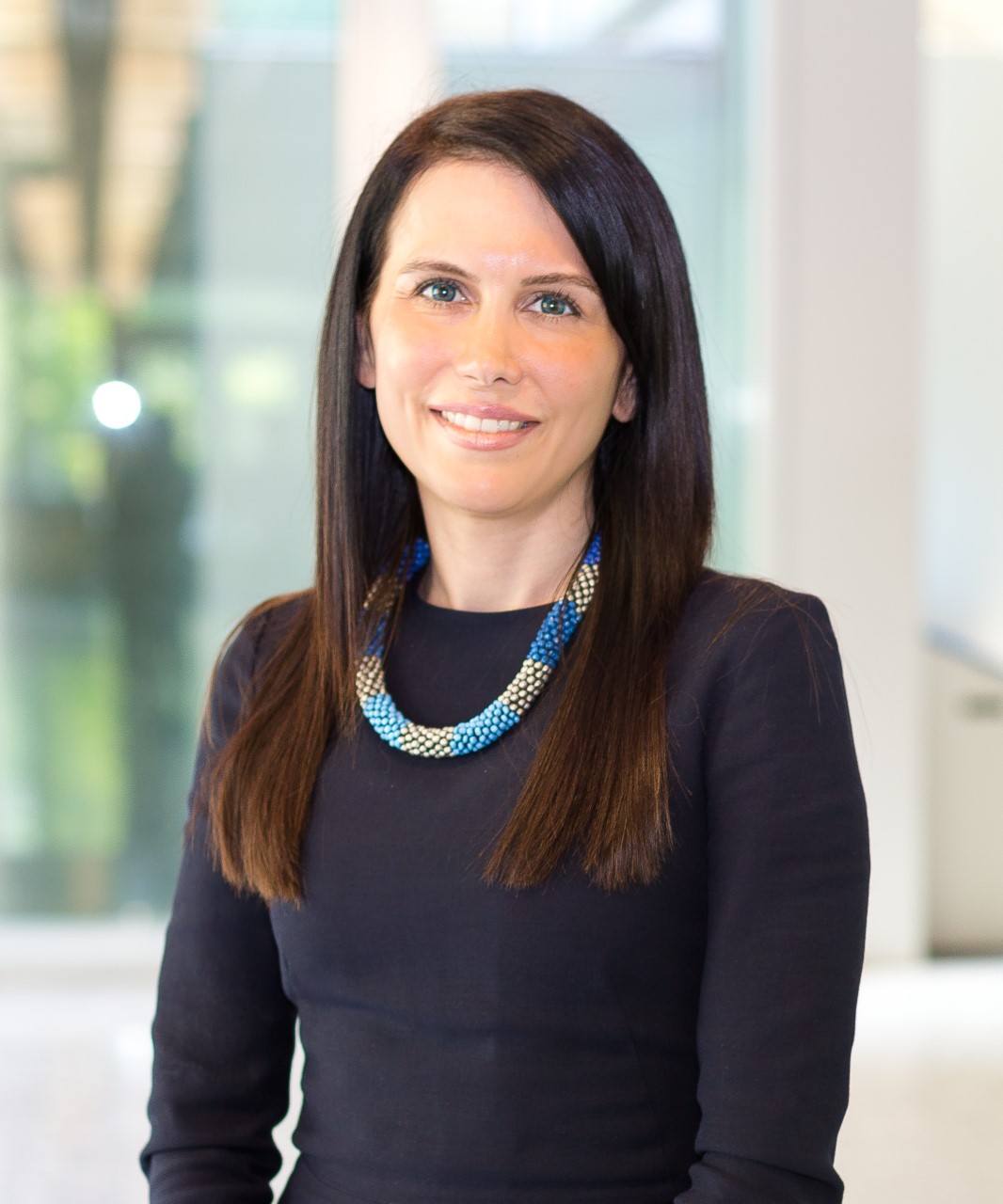Skule Lunch & Learn: Drinking Water and Health – Should we be Concerned About Microplastics?
Did you know that the Drinking Water Research Group (DWRG) at the University of Toronto has received funding from Environment and Climate Change Canada (ECCC), as well as the Natural Sciences and Engineering Research Council of Canada (NSERC) to investigate microplastics in Canadian drinking water? Efforts by the DWRG over the past three years have […]


